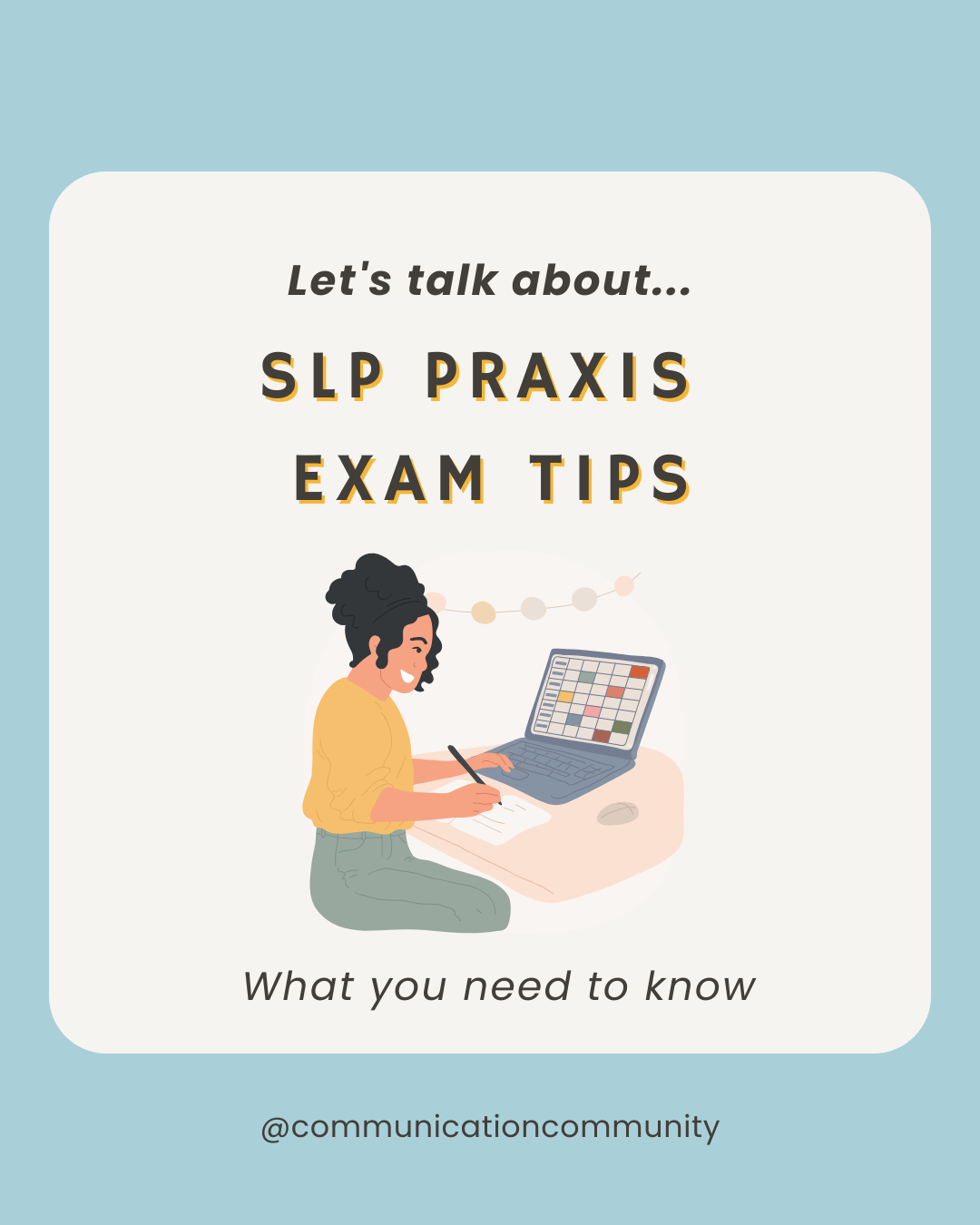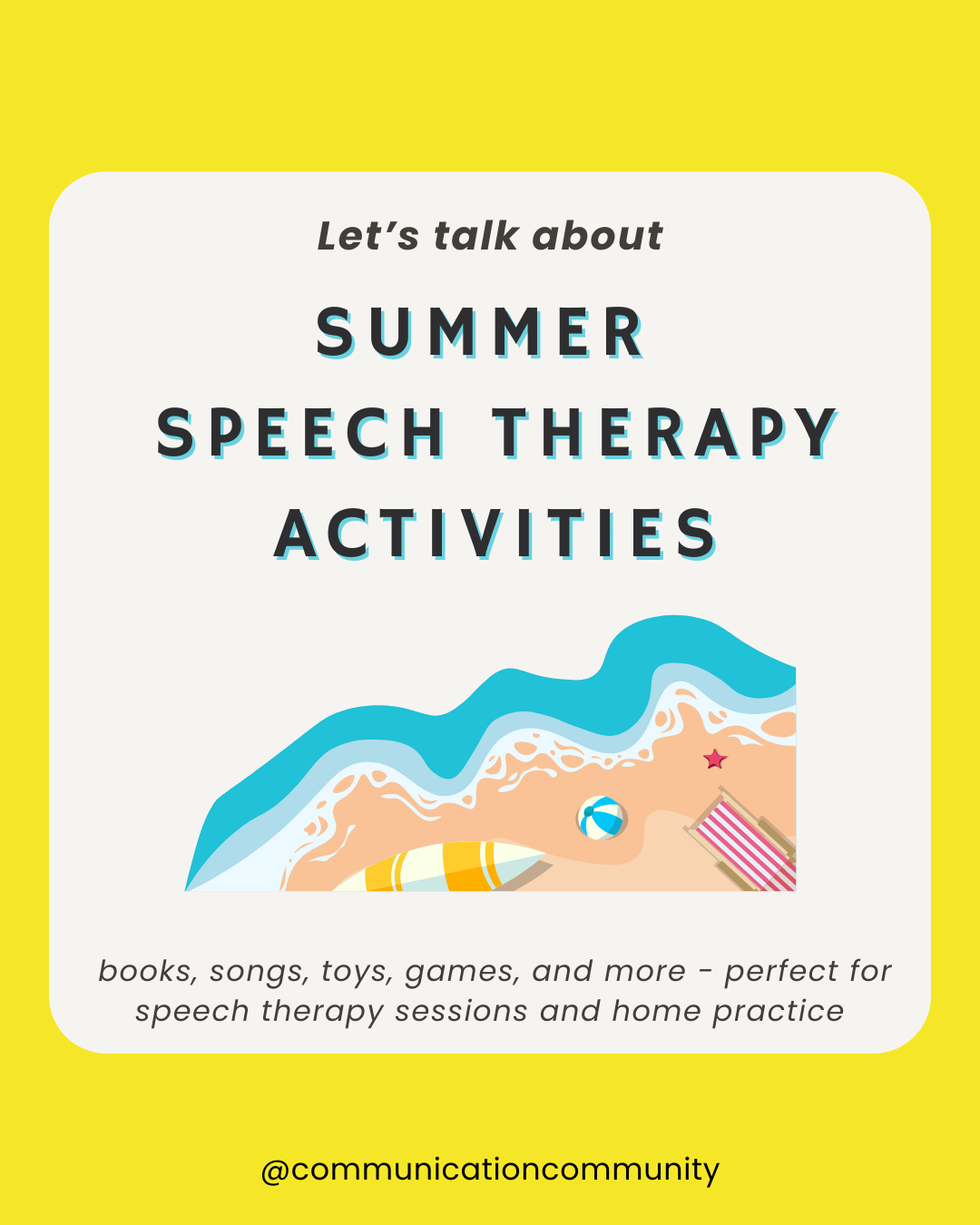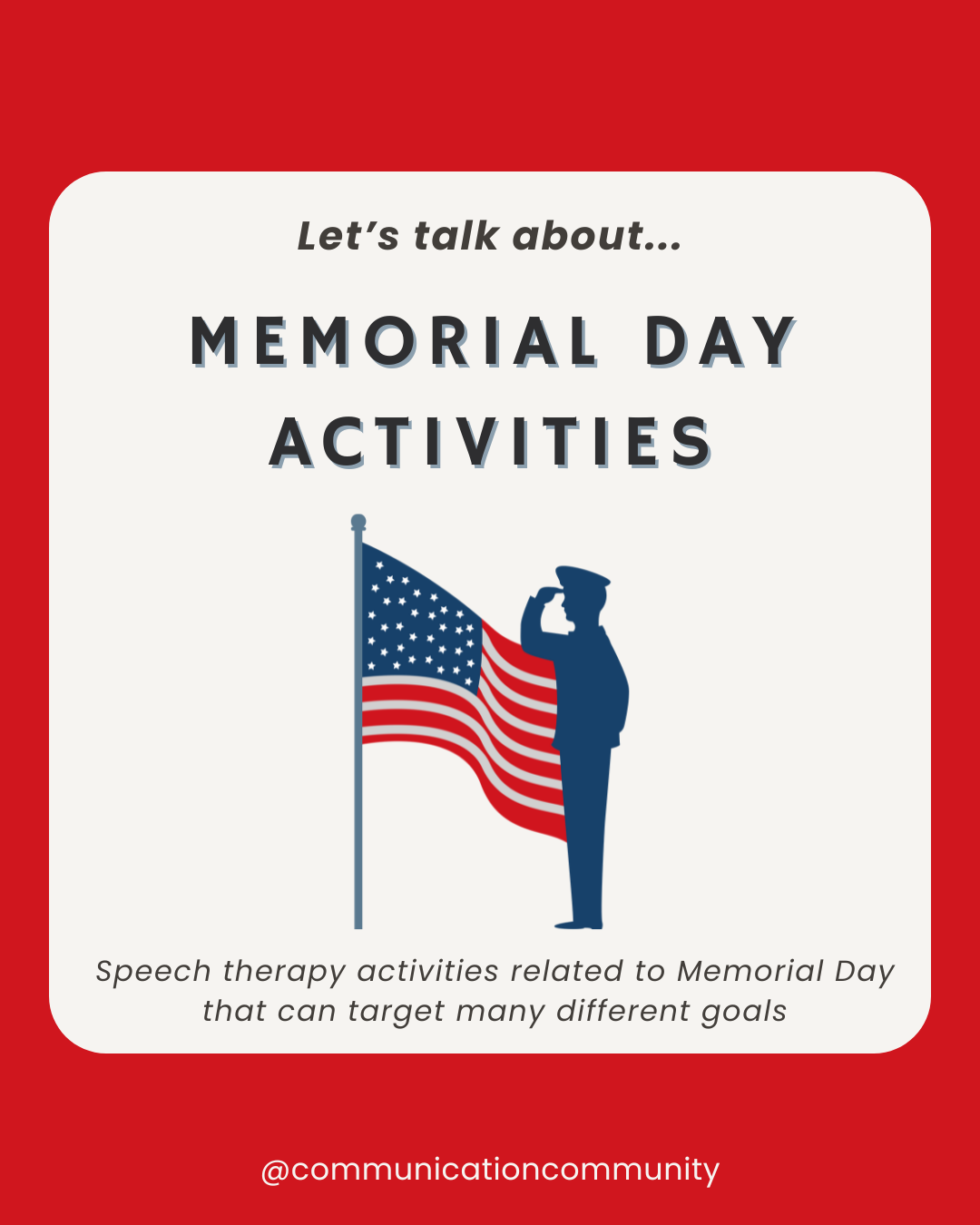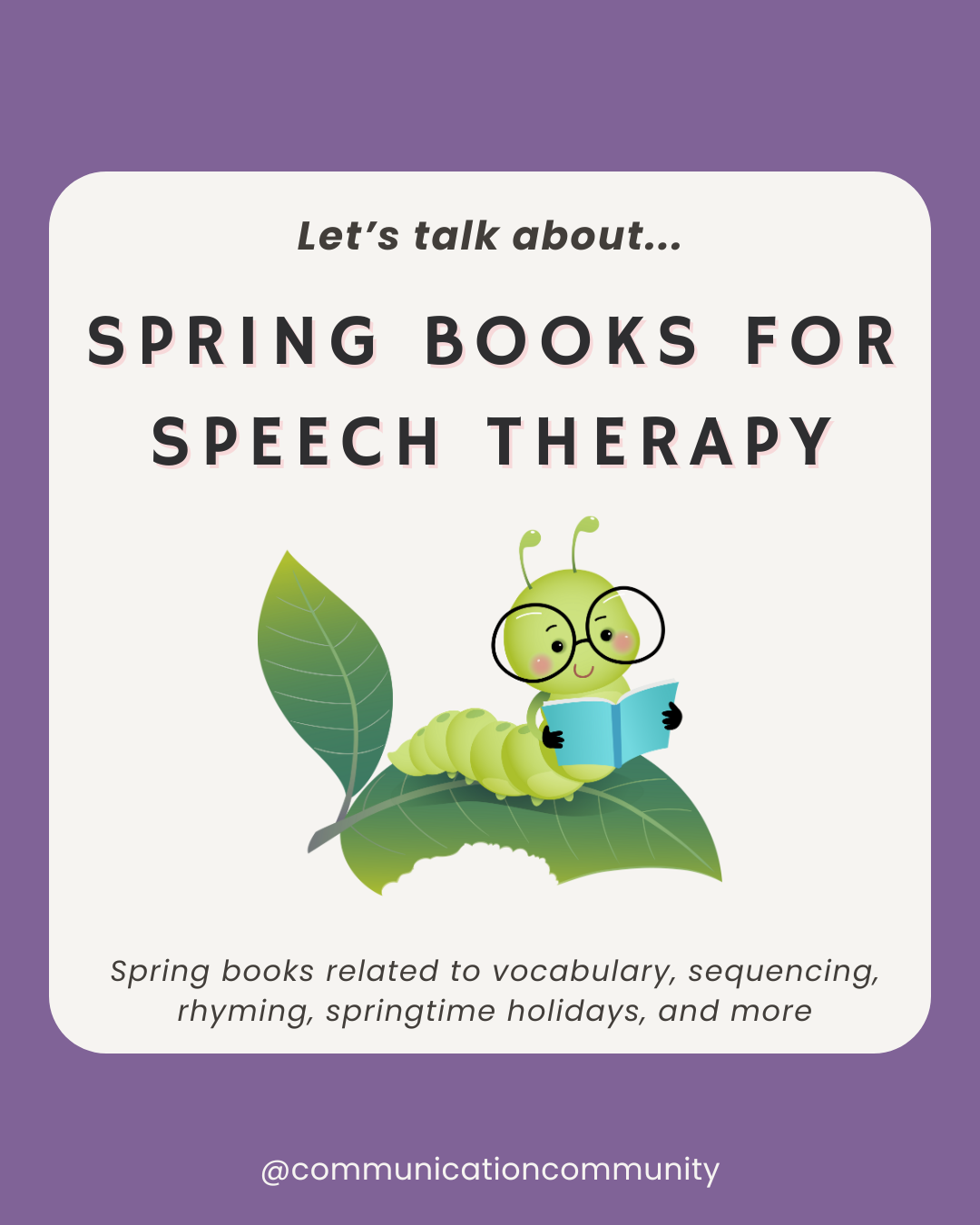There are numerous ways games (particularly board games) can be used during speech therapy to work on speech and language skills.
Games have proven to be one of our go-tos when it comes to materials for treatment because of their ability to be used for various speech and language goals. These are great not only for therapy but also to play with at home!
Simply playing games is a great way to develop receptive language, expressive language, and executive function skills including sequencing, completing a task, following multi-step directions, and reasoning (to name a few). We often also use games while also working on other skills (e.g. completing a task and then taking a turn in a game).
While we listed our favorite games for targeting different skills, these are not hard and fast rules at all! You can use a combination of these games for a variety of speech and language skills (e.g., Jenga is great for targeting SO many skill areas - social communication, WH questions, spatial concepts, etc.). Once you become more familiar with a game and its setup, you’ll also be able to make your own assessments as to the additional language concepts you can target.
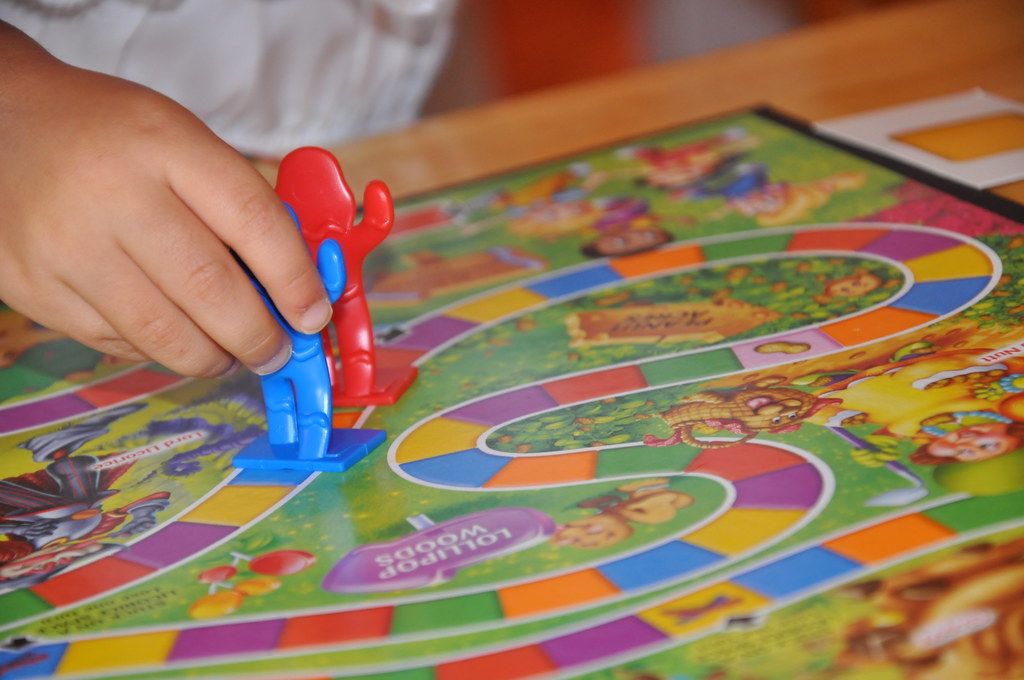
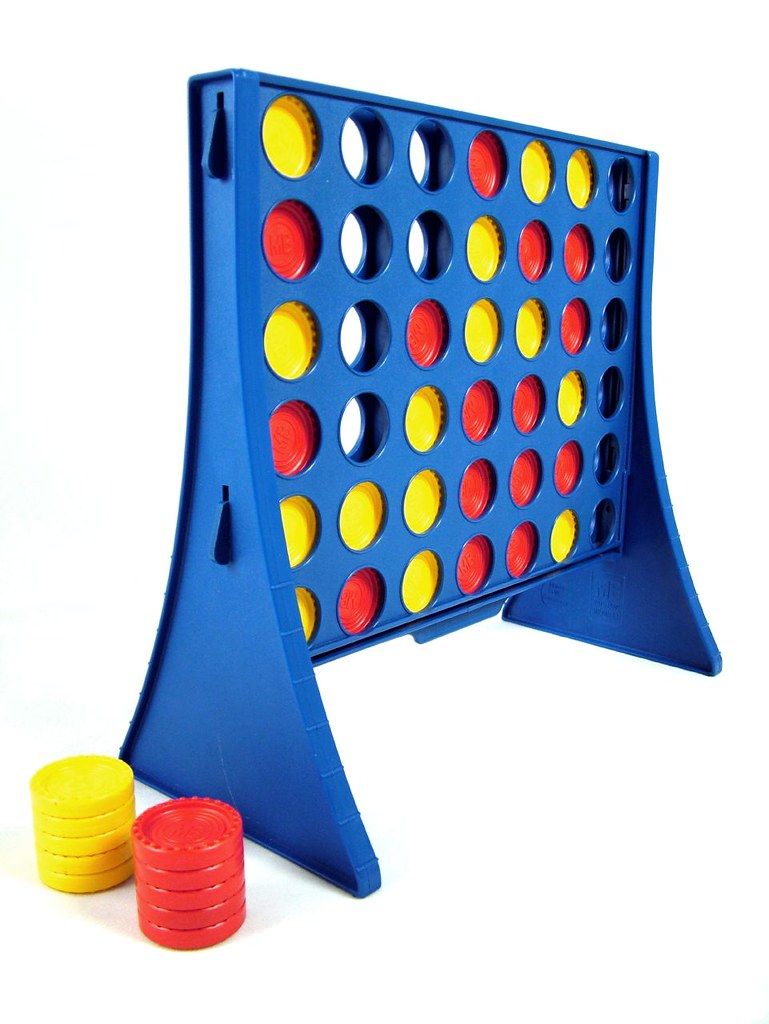
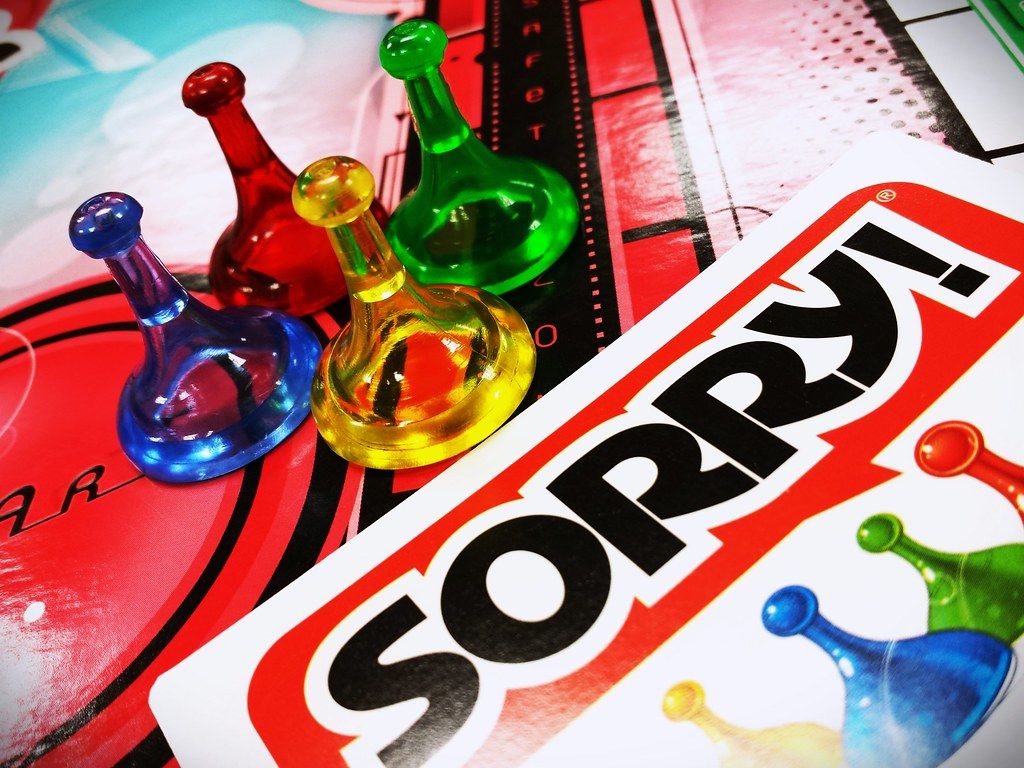
We would highly recommend having a few of these on hand as quick therapy go-tos. In general, board games, ALL games target following directions and attending - skills that are important to generalize at any age!
Speech Therapy Games for Turn-Taking (beginner level)
Pop the Pig - Ages 4+ (2-6 players); players take turns rolling a die and feeding the pig burgers. Don’t let him pop! This game also promotes color awareness and counting.
Pop-up Pirate - Ages 4+ (2-4 players); players take turns inserting different color swords into the barrel. Suspenseful for kids and doesn’t require batteries!
Speech Therapy Games for Articulation
Chutes and Ladders - Ages 3+ (2-4 players); a quick back-and-forth game that allows time for articulation drills in between turns. I also LOVE using this game for targeting gliding (specifically to target the /l/ sound).
CandyLand - Ages 3+ (2-4 players); one of the most classic and easy-to-learn games. Depending on the sound, I will pair specific sounds with certain colors so the child has to say the sound they see on the selected card. Sometimes I will even paste sounds to the tiles on the game board!
Speech Therapy Games for Matching/Sequencing
Pancake Pile-Up - Ages 3+ (single to teams); stack the different flavored pancakes to match the cards. I often play this game to target sequencing/following directions one-on-one (love easily-modified games!)
Zingo - Ages 4+ (2-6 players); just like BINGO! Match the chips to the corresponding word/picture on the Zingo card. Also targets sight words for early readers.
Speech Therapy Games for Inferencing
Guess Who - Ages 6+ (2 players); if needed, you can provide a list of various questions to select from (e.g., "Do you wear glasses?") or practice generating questions independently
Hedbanz - Ages 7+ (2-4 players); use deductive reasoning to guess the animal, food, or object illustrated on each player's Hedbanz card; works on category skills too! Hedbanz Junior is also available (5+)
Speech Therapy Games for Categorical Concepts (comparing & contrasting)
Pickles to Penguins - Ages 8+ (2 or more players); this is a semantic mapping or “word linking” card game. Find similarities between the items found on each card and get rid of all of your cards to win. It can also be modified as a compare and contrast activity or for sorting items into categories.
5 Second Rule - Ages 10+ (3 or more players); you have 5 seconds to name 3 things that “go” with the topic. I usually use this game to work on naming skills/generating categorically-related lists; you can also simplify and use your own timer (10/20/30 seconds). 5 Second Rule Jr. is also available (6+)
Speech Therapy Games for Pragmatic Language (Social Communication)
Jenga - Ages 6+ (2 or more players); I have my own Jenga set with written “get to know you” questions on each piece that each player can alternate asking their partner(s) once it’s their turn. You can also write topic ideas (e.g., pets) to generate one of your own questions!
Sorry - Ages 6+ (2-4 players) a lot of unexpected outcomes can come from this game, so I like to use it when targeting flexible thinking and sportsmanlike behaviors and comments. It's a classic and quick to learn!
Speech Therapy Games for a Variety of Skills
Rory’s Story Cubes - a totally versatile game that I recommend for home as much (if not more) than for therapy. Target sequencing, attending, developing narratives, expanding sentence structure, using transition words, and more!
Connect 4 - another classic on the list! Connect Four is simple to learn and is appropriate for pretty much all ages (I guess that’s why you see the jumbo versions in social settings now!). I’ve used this game to target skill areas like articulation, turn-taking, visual scanning, patterns, and prepositions.
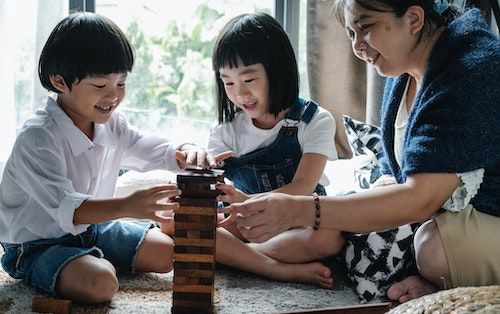
Note: Before purchasing any of the following games, please read all instructions carefully and determine if it is safe and appropriate for the child/population you are playing with.
Target a number of speech, language, and communication skills with play dough - great for speech therapy and home
Hope you have enjoyed some of our favorite games that we use (some pretty much daily) in therapy. We encourage that this resource is shared for home use as well - I had no idea how many ways that the games I had in my cupboard growing up could be incidentally used to target play skills, speech, and language development.
This post contains some affiliate links and we may be (slightly) compensated if you use them, but all opinions are our own. We appreciate the support!
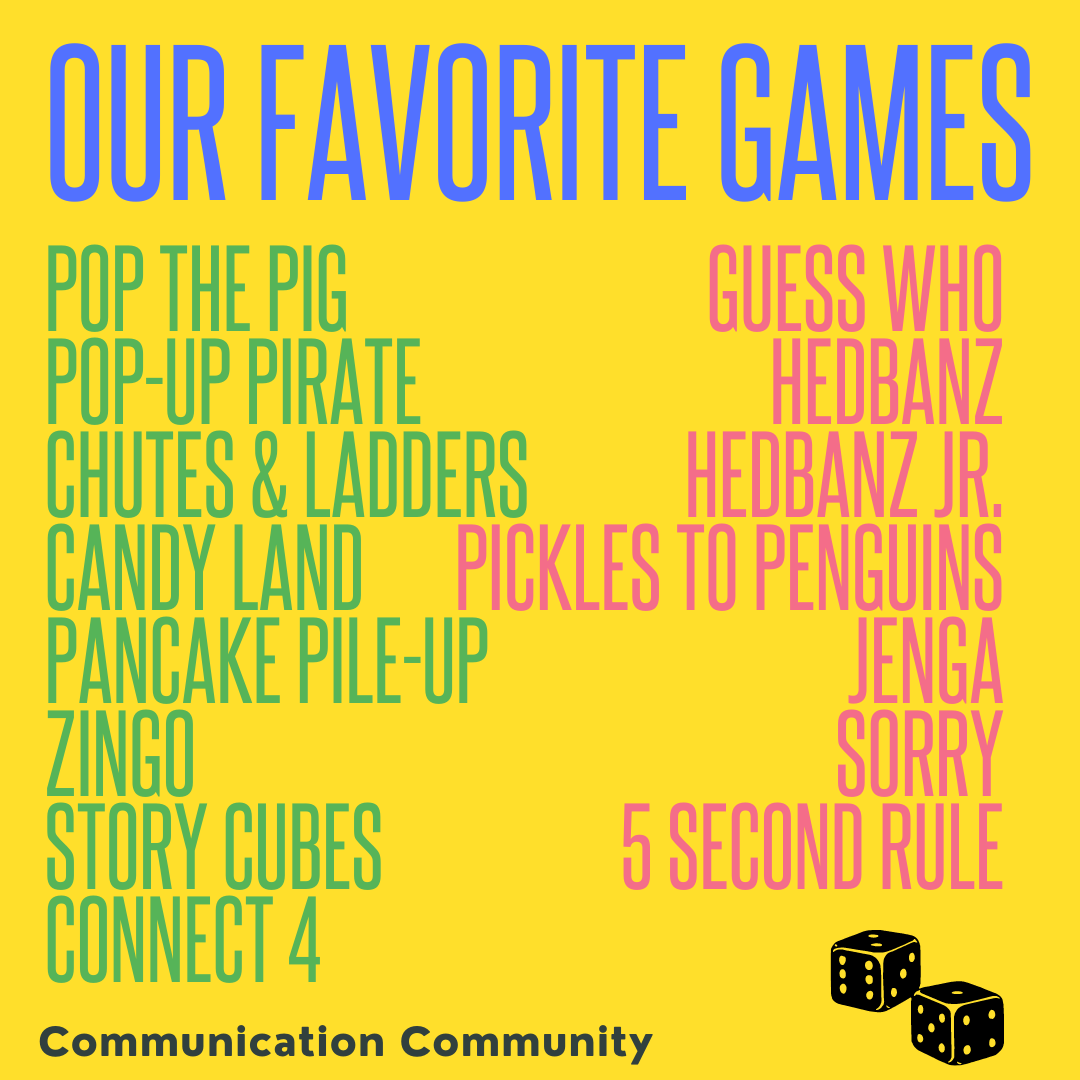
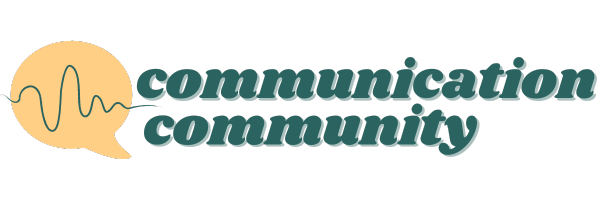
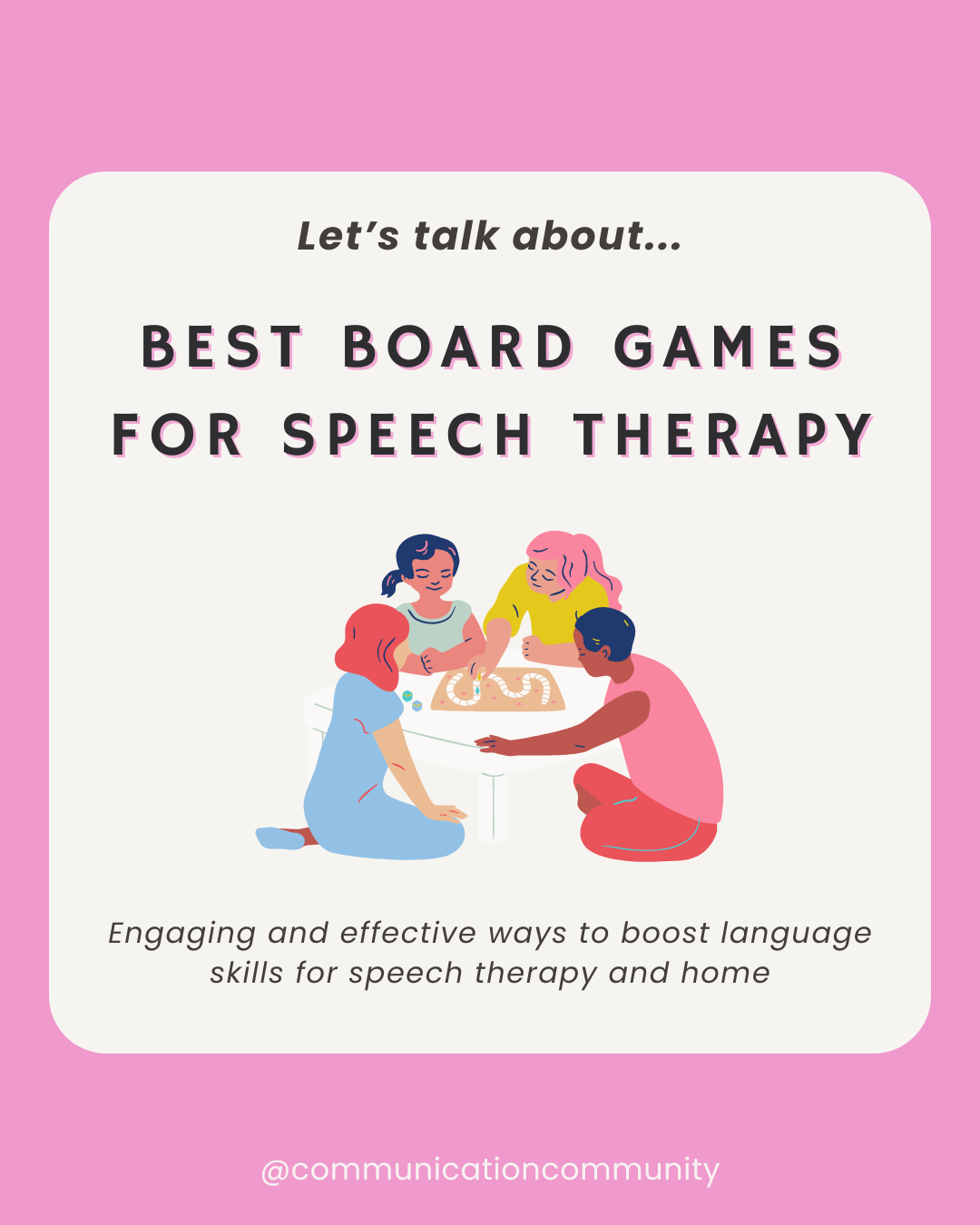
![How to Write Apraxia Goals [with goal bank]](https://www.communicationcommunity.com/content/images/2024/07/Apraxia-Goals--1-.png)
